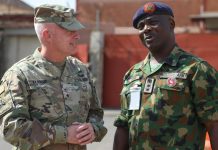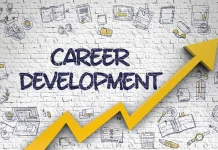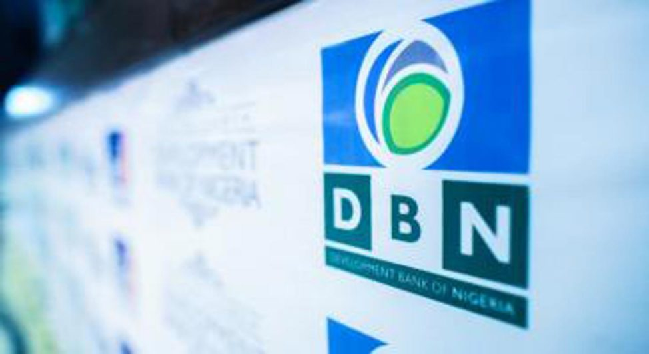The Development Bank of Nigeria (DBN), has said a sum of N100 billion would be disbursed to Micro Small Medium Enterprises (MSMEs) this year.
DBN Assistant Chief Economist , Joseph Nnanna, who disclosed this at the 5th edition of the Refined Economic Development (RED) quarterly lecture held at the University of Abuja and organised by Economic and Business Strategies (EBS) with the theme, “Real Sector Constraints to Economic Growth and Development.”
Nnanna said DBN is trying to achieve more finance for the MSMEs because according to him they are the engine that grows any economy in any part of the world.
“This year alone, Development Bank of Nigeria plans to disburse N100bn out the door to the MSME space and we are right on track as it is already. I am very confident that we would achieve that this year and beyond.
“For Nigeria as a whole, we are trying to achieve more finance for the MSMEs because we believe wholeheartedly that they are the engine that grows any economy in any part of the world,” he said.
Nnanna added that over N30 billion was disbursed to over 35,000 end-borrowers in the MSME segment in its first full year of operations, while also collaborating with other development finance institutions to remove some of the barriers to access to finance in the segment.
He said, “The federal government played an instrumental role in setting up DBN. They are a major shareholder of the bank. Similarly the French development bank, African Development Bank and German Development Bank.
“They all came together to develop DBN to help provide funding for MSMEs. In a nutshell, before the emergence of DBN, there has always been a financing gap. The idea ultimately is to have a wholesale bank to help use the structures on ground already to help reach the people which is the MSMEs segment who in my view remain the engine of economic growth in any economy.
“Every bank has a job to do. Commercial, Micro Finance banks. Any firm has a role to play and if we are not in it with two feet in, what’s the point. The federal government is trying and a lot of work needs to be done and we are hoping in the years ahead.”
On his part, Chairman/CEO of EBS, Prof. Magnus Kpakol, said that before Nigeria can compete with developed countries, there has to be an improvement in the country’s human capital in order to produce efficiently and effectively.
“You have to be able to produce goods and services and to do that, we need improvement in human capital. Our human capital development has to be much better. One of the big reasons why we lag behind is because of the human capital deficiency we have. If you doing have the skills, the determination and the attitude to be competitive and to raise your skill level, you will have trouble being competitive.
“You see the proficiency in with which China is conquering the world in terms of business and global competitiveness. We cannot compete with them at the pace that we are going and that reflected in the misery two per cent growth rate in that we registered in GDP in the first quarter of this year.
“Our population is growing at three per cent and we are growing our GDP at two per cent, we need to be growing our GDP at this time at close to two per cent. The Chinese have been averaging 10 per cent over the last forty years,” Kpakol said.
Source: VON













